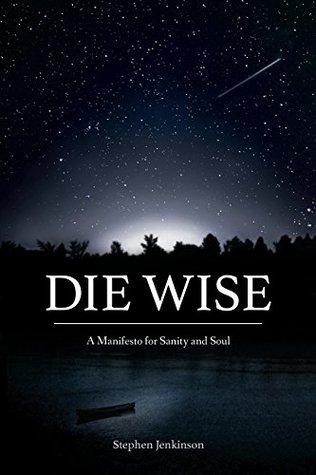More on this book
Community
Kindle Notes & Highlights
Read between
May 12, 2018 - January 20, 2019
It says that dying is best understood and responded to as a metabolic, physical fact with emotional and psychological side effects.
The patient and family are saying: The body comes first. I am what my body needs, and my body needs this medical expertise. Whatever I might need I can likely conjure myself. Or at least it can wait. This considerable focus on the body, the treatment of dying as primarily a physical reality, and the preoccupation with pain and symptom, all of it is carried on in broad daylight with the general willingness and compliance of everyone in the treatment stream, usually with the full support and encouragement of everyone who loves the one who is dying.
Wisdom of this order comes from learning grief and from practicing grief. We have lived as needy people for many decades. Our hearts are comfort-seeking missiles, a child’s claim upon the world. The language of rights comes from there.
Whenever you go looking for home, you will find death on the welcome mat.
The whole place had been made in a human image. The spirit of the place had long ago been swarmed and ploughed under. The land had been turned into a setting for human life, with no life of its own. The tragically false idea that there was land for the taking across the waves that was free of people and free of history, a place where you could reinvent your identity and craft a nobler history for yourself and your kin, must have been intoxicating to the European of the time to a staggering degree that we now are heirs to but cannot imagine.
“obeying” means to be in the manner of hearing, of listening, and that’s what the wanderings seem to me to have been: listenings, probably the conjurer of all human faith and all our senses of home. Those ancestors obeyed the ways the world has of being itself—weather, water, elevation, the grasses, and the animals—and so they moved. These were not flights away from something savage and inhuman or toward some kind of heaven that would finally be friendly. Their home was their way of living, and obedience was their life, and moving was their obedience.


